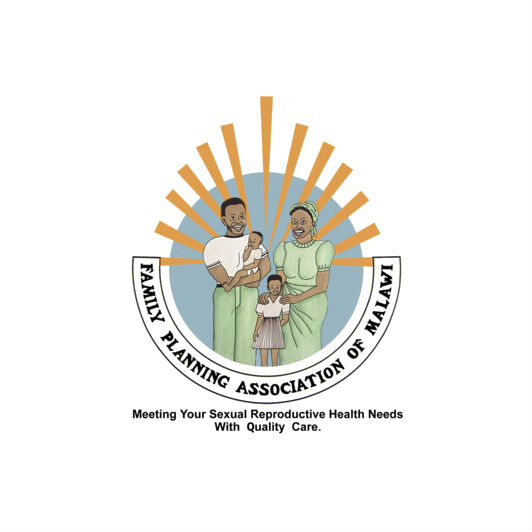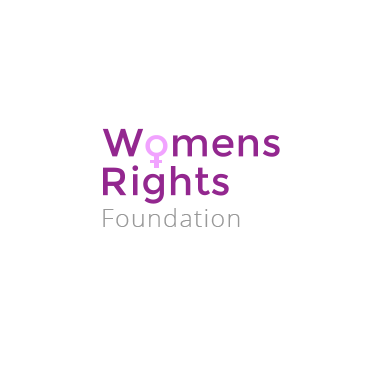
| 20 January 2025
AIDOS
AIDOS began its journey in 1981 as a women’s association and non-governmental organisation. Since its establishment, AIDOS has worked in Low-Income Countries, Europe and Italy to build, promote and defend the rights, dignity and freedom of choice of women and girls. AIDOS works in partnership with local organisations and institutions to provide tools to women and their organisations, particularly in those areas where the experience of the Italian feminist movement has yielded significant results. These areas are: women’s rights sexual and reproductive health and rights (SRHR) economic empowerment of women; education of girls. AIDOS’ approach is based on a continuous and equal dialogue with women’s and non-governmental organisations worldwide and with associations and people engaged with human rights, women’s and LGBTQI rights. AIDOS was recognised in 1992 by the Ministry of Foreign Affairs as eligible to manage public funds for implementing international development projects. And has a special consultative status with the Economic and Social Council of the United Nations (ECOSOC) and is implementing partner of the United Nations Population Fund (UNFPA) and the United Nations High Commissioner for Refugees (UNHCR) in Italy. Check out their Instagram.

| 31 March 2016
Family Planning Association of Malawi
When it was founded in 1999, the Family Planning Association of Malawi (FPAM) focused on providing family planning services. As the organization has evolved, it has both refined and expanded its operation. Today, FPAM targets young people primarily, and reaches out to under-served rural communities. As a result, it operates 64 service points, including 53 mobile sexual and reproductive health (SRH) facilities and 4 static clinics. Its community-based distributor/services (CBDs/CBSs) profile is also very strong with 65 additional delivery points. As ever with IPPF Member Associations, the mix of outlets and approaches is very much led by the particular demographic and geographic needs of the country. FPAM also provides youth-friendly SRH information, education and behaviour change communication materials to young people at 4 youth centres, and through schools. Peer educators use group discussions, theatre performances, publications and audio-visual materials produced by community reproductive health promoters to pass on the message about good SRH practice and access to resources. The distribution of contraceptives, pregnancy testing, the diagnosis and treatment of sexually transmitted infections (STIs) and voluntary counselling and testing (VCT) for HIV are core to FPAM’s clinic activity. For its successful operation, the organization depends on a team of 46 full-time staff and over 600 volunteers. Over the years, FPAM has forged partnerships with health, family and youth departments in government, to advocate forward-thinking national SRH policies. It works with a variety of non-governmental organisations (NGOs) including the Malawi Girl Guides Association and Banja La Mtsogolo. Financing support comes from UNFPA, IPPF’s Japan Trust Fund, the Japanese Organization for International Cooperation in Family Planning (JOICFP), UNICEF, National AIDS Commission, GTZ, and Youth Incentives. FPAM also networks with other SRH-focused groups, particularly in the fields of HIV and AIDS and youth issues.

| 20 January 2025
Women’s Rights Foundation
Women’s Rights Foundation (WRF) of Malta is a voluntary organisation committed to informing, educating and empowering women concerning their legal rights. WRF aims to ensure that women’s rights are protected through policy and law reform, raise awareness and offer training to end violence against women. WRF also provides free legal advice and initial legal representation to women who are survivors of domestic violence, sexual assault, human trafficking and discriminated against due to their gender. Contact: Twitter







